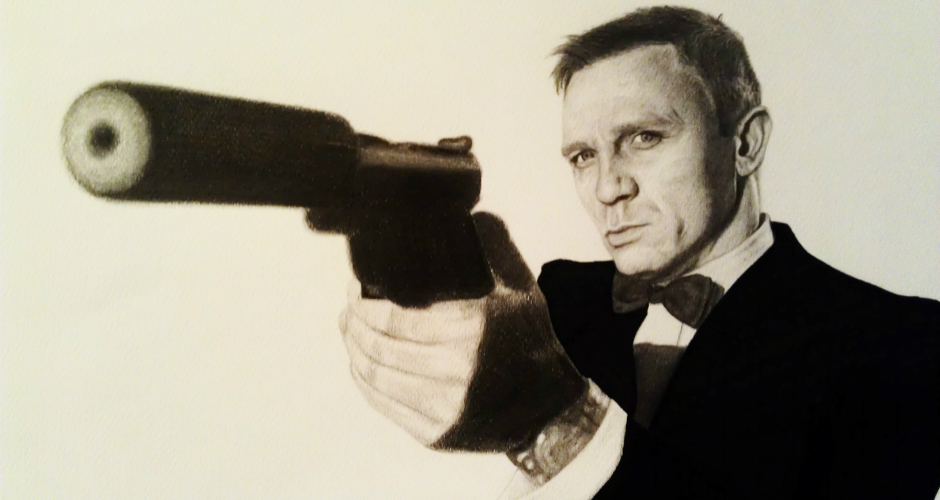Crimson Nation, Eli Gold
I was born in Tuscaloosa. That’s how far back my allegiance to Alabama football goes. Everything I owned was red and white and featured an Elephant somewhere. I remember as a kid having a Roll Tide metal trash can that doubled as a desk seat. Yeah, we had nice things.
Unfortunately, I never attended the University of Alabama. Nor did I ever truly understand football. I was in the band, which meant I simply had to learn when to cheer and when not to cheer (and even that was a process).
Eventually I attended the University of North Alabama, home of the three-peat Division II national champion UNA Lions. It was then that I learned more and grew more interested in the sport. The Crimson Tide had just been crowned national champions as well, so I had another good reason. Even still, my interest in football was marginal.
But now that I seemed to have somehow crossed the threshold from young adult to irrelevant bore, football is providing a new kind of solace for me. I can’t wait for September each year. I find comfort in tracking the latest NCAA FB news. And my interest in Bama has found a new level.
That’s the long explanation to why I downloaded Crimson Nation by famed Alabama announcer Eli Gold. I wanted to understand the history behind the heritage that is Alabama football.
The book was fascinating. To read of the great coaches like Wallace Wade and Frank Thomas and then trace their impact through players like Paul “Bear” Bryant gave me a great sense of the big picture.
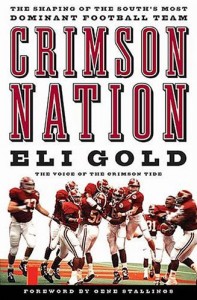 To read about Bryant as a coach, the ups, downs, controversies, and historical moments really put modern-day football drama in perspective. Mike Leech lost his job last year at Texas A&M for allegedly mistreating a player. Paul Bryant nearly killed half of his team one summer in the town of Junction, TX as the coach for . . . Texas A&M. One of those boys, by the way, was Gene Stallings, coach of the’92 national champion Tide.
To read about Bryant as a coach, the ups, downs, controversies, and historical moments really put modern-day football drama in perspective. Mike Leech lost his job last year at Texas A&M for allegedly mistreating a player. Paul Bryant nearly killed half of his team one summer in the town of Junction, TX as the coach for . . . Texas A&M. One of those boys, by the way, was Gene Stallings, coach of the’92 national champion Tide.
Lane Kiffen was skewered after coming to Tennessee, stirring up controversy, then leaving suddenly to coach for his true love, USC. Want to guess the name of another coach who took a job, stirred things up, then left after only a year to coach his true love? That’s right, The Bear.
Also interesting was Gold’s extensive commentary on a socially color blind Bryant who recognized the need for a racially diverse team in order to win. According to the book, Bryant lobbied for the inclusion of black players long before he was allowed to integrate. As I read this chapter, I also read a headline in the that day’s news revealing that the FBI had actually investigated Bryant for civil rights offenses. You gotta love history.
The book isn’t particularly well written. But then again, neither is this blog post. Yet unlike this post, the book is full of great stories, and it is structured in a way that keeps you from getting lost in the minutia of dates and names. It’s a quick read and well worth it if you’re in the market for a quick primer on Alabama football history.
As I write this, the first Alabama game of the season is one week away. And once again they are defending National Champions. When I was a kid my grandmother used to bet me $1 that Alabama would lose. Once we went double or nothing and I had to ask for an advance on my allowance to cover my loses. She cured me of any tendencies to gamble. But she only strengthened my interest in and love for the Alabama Crimson Tide.
Rammer Jammer!



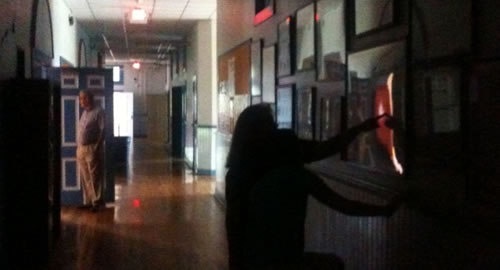


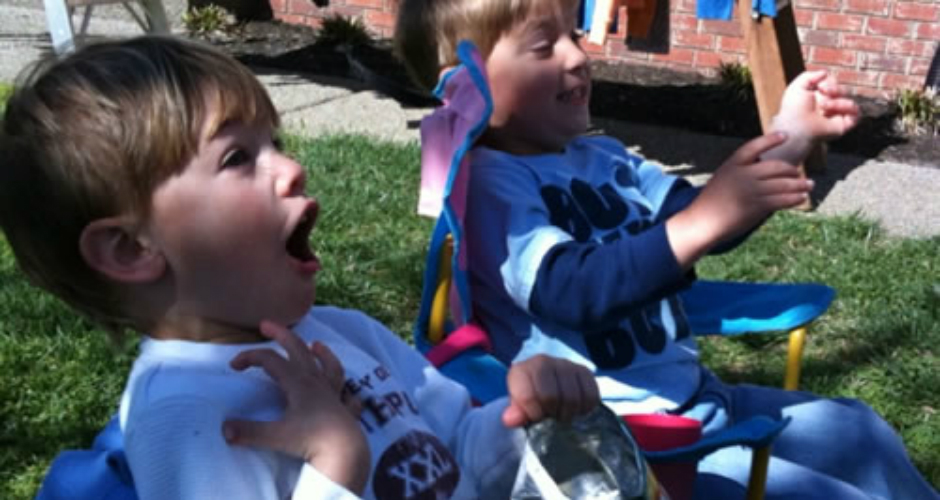
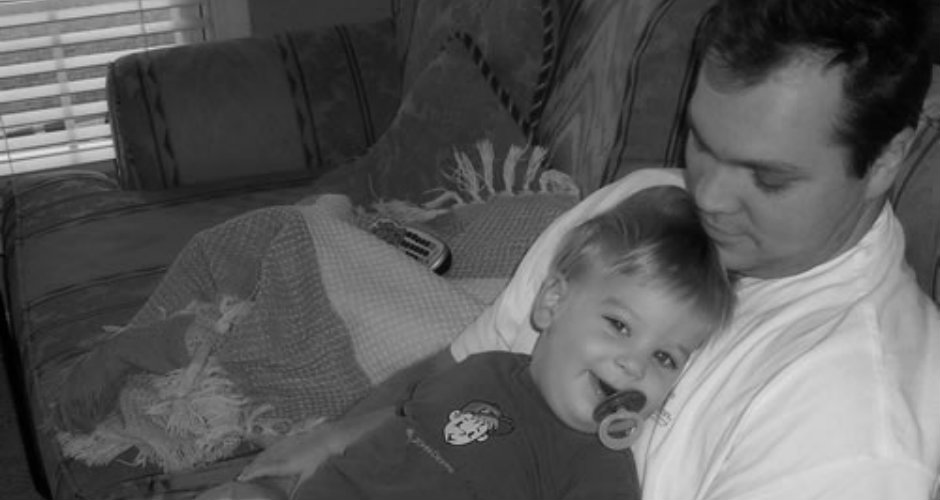
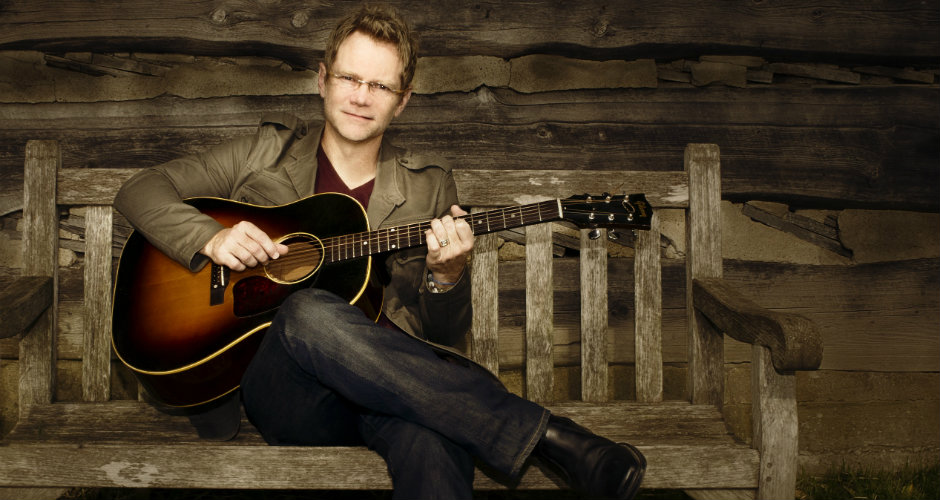



 [readolog_blockquote ]After he said these things, Jesus became visibly upset, and then he told them why. “One of you is going to betray me.” John 13:21[/readolog_blockquote]
[readolog_blockquote ]After he said these things, Jesus became visibly upset, and then he told them why. “One of you is going to betray me.” John 13:21[/readolog_blockquote]